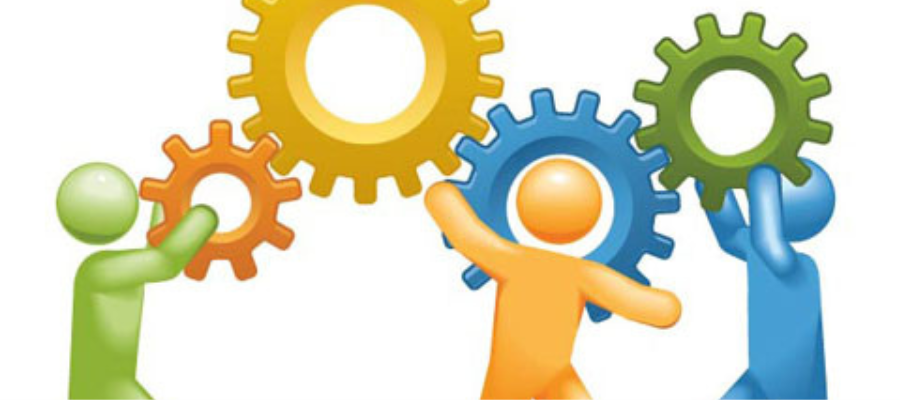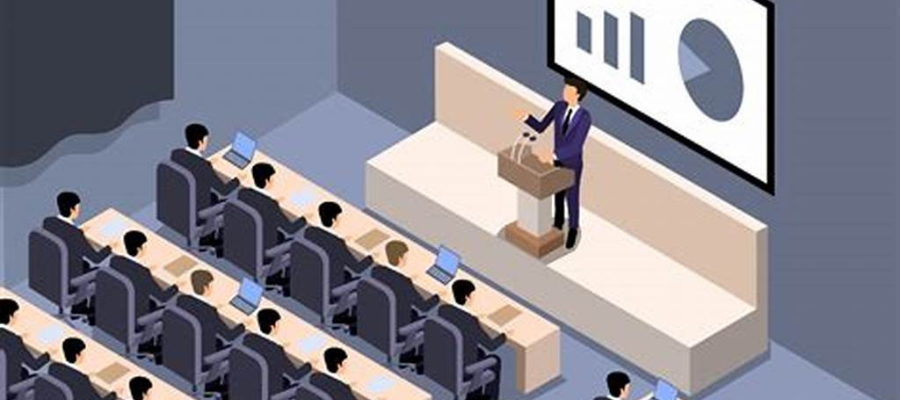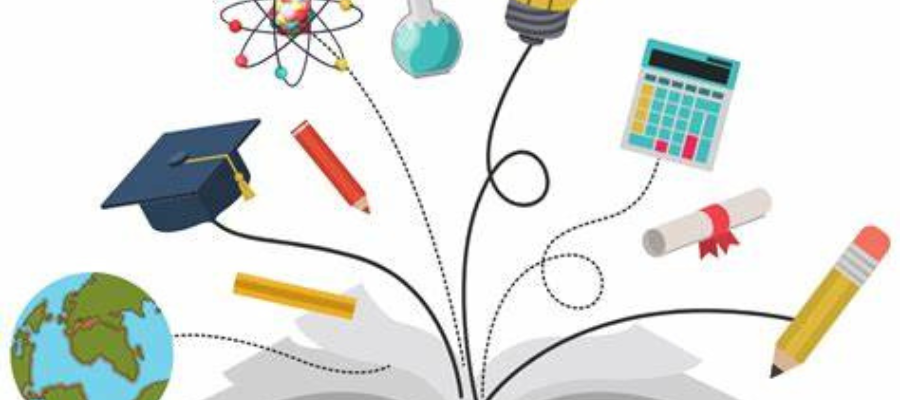The Future of Education: What Will Schools Look Like in 2050?


Both the globe and the educational system are changing at a never-before-seen rate. The educational landscape of 2050 will be very different from that of today due to the tremendous improvements in technology, shifting global dynamics, and changing societal needs. However, how precisely will schooling change? Will conventional classrooms remain in use? What part will technology play? This blog will examine how education will influence future generations and what schools might look like in 2050.
AI-Powered Classrooms: The Rise of Personalized Learning
By 2050, artificial intelligence (AI) will have revolutionized education, although it is already beginning to make inroads. AI-powered individualized learning systems will adjust to the learning style, abilities, and shortcomings of every student. AI will provide personalized lesson plans in place of a one-size-fits-all curriculum, guaranteeing that pupils understand ideas at their own pace.
Teachers will become learning facilitators rather than just primary teachers, assisting students with AI-curated content and offering assistance when required. AI-powered tutors will be on call around-the-clock to assist students with assignments, projects, and exam preparation.
Virtual & Augmented Reality: Learning Beyond Boundaries
By 2050, pupils will have firsthand experience with historical events and scientific ideas rather than merely reading about them. Students will be able to visit ancient civilizations, investigate the human body at a microscopic level, and carry out experiments in fully interactive digital labs thanks to virtual reality (VR) and augmented reality (AR).
There will be no more four-wall classrooms. In a biology class, students may enter a human cell, while in a history class, they could take a virtual tour of the Roman Empire. Learning will become more effective and engaging as a result of these immersive encounters.
Holographic Teachers & Digital Avatars
By 2050, holographic instructors and AI-powered avatars might eliminate the need for qualified teachers. These online educators will be able to lecture students in any subject in a variety of languages, giving them access to top-notch instruction anywhere in the world.
Imagine a holographic Shakespeare mentoring students through literature or an AI avatar of Albert Einstein instructing science. Access to high-quality education will no longer be restricted by socioeconomic background or geographic location thanks to such sophisticated teaching resources.
Skill-Based & Competency Learning Over Traditional Exams
It’s likely that the conventional exam-based educational system will become outdated. Students will be evaluated on their real-world abilities and competences rather than their memorization of facts for standardized tests.
- In 2050, schools will place more emphasis on critical thinking and problem-solving skills.
- Ingenuity and inventiveness
- Teamwork and emotional intelligence
- Digital literacy and coding
- Ethics and environmental sustainability
Instead than using written tests to demonstrate their understanding, students will use projects, real-world applications, and portfolios. Universities and employers will evaluate pupils on their abilities rather than their exam results.
Robotics & Automation in Schools
Education will be significantly impacted by robots as automation shapes businesses. AI-powered administrative systems and robotic teaching aids will make schools extremely effective establishments.
Teachers will be helped by robots to grade assignments, keep track of students’ progress, and even lead interactive classes. Additionally, by offering individualized support and flexible learning opportunities, they will benefit kids with special needs.
Global-Classrooms & Remote Learning as the Norm
Online learning gained momentum during the COVID-19 epidemic, and by 2050, remote learning will be a standard feature of classroom instruction. From the comfort of their homes, students will be able to participate in cultural exchange programs, work with peers from other nations, and learn from foreign instructors in global classrooms.
National curricula will no longer be a barrier to education. Students will instead have access to a universal learning system that allows them to customize their education to fit their interests and professional aspirations by selecting courses from different international universities.
Eco-Friendly & Sustainable School Campuses
Schools in 2050 will place a higher priority on sustainability as environmental concerns increase. Energy-efficient classrooms, vertical gardens, and solar-powered campuses will be commonplace.
Additionally, schools will become more environmentally friendly as a result of the substantial decrease in the requirement for paper textbooks brought about by digital education. Schools will serve as a model for sustainable living by implementing rainwater collecting systems and smart buildings that control energy use.
Education will be more skill-driven, inclusive, and engaging than it has ever been by 2050. AI, VR, robots, and sustainability will all be used by schools to build learning environments that get pupils ready for the real world. The emphasis will change from memorization to creativity, emotional intelligence, and problem-solving.
One thing is clear as we look to this future: education will keep changing, producing a generation of students that are not only informed but also flexible, creative, and prepared to take on the challenges of the world. If you are facing challenges to determine your career after your schooling, Aara Consultancy can help you with Career Counseling.
We provide 360° Solution for your Education Needs. Contact us






